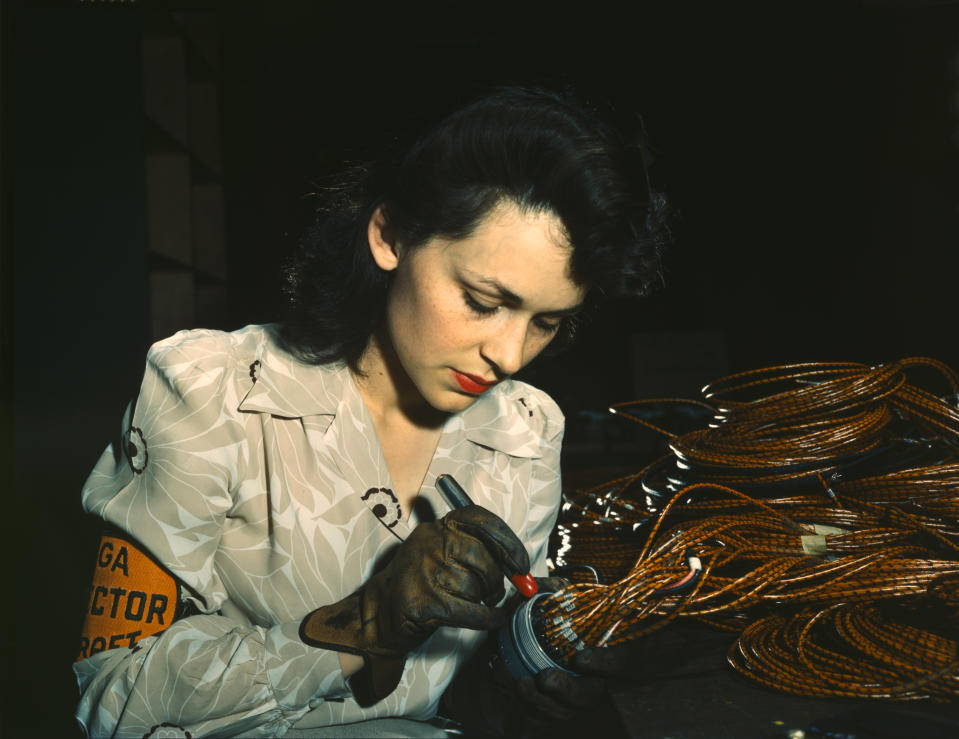It will take 108 years to close the global gender gap

It is going to take 108 years to close the overall gender gap and 202 years to bring about parity in the workplace, says the World Economic Forum.
WEF’s Global Gender Report 2018 warned that while strides had been made in gaining equality in pay and promotions, stagnation in the proportion of women in the workplace had offset reducing the gender gap – hindered further by a decline in women’s political representation and greater inequality in access to health and education.
“Industries must proactively hardwire gender parity in the future of work through effective training, reskilling and upskilling interventions and tangible job transition pathways, which will be key to narrowing these emerging gender gaps and reversing the trends we are seeing today,” said Saadia Zahidi, head of the Centre for the New Economy and Society and member of the managing board at WEF.
“It’s in their long-term interest because diverse businesses perform better,” she added.
WEF looks at four key pillars to assess the gender gap:
Economic opportunity
Political empowerment
Educational attainment
Health and survival
The forum pointed out that while the world has closed 68% of its gender gap, only one pillar – economic opportunity – made progress in contracting the gulf this year. The data showed that the income gap between men and women narrowed at nearly 51% in 2018. The number of women in leadership roles also grew. But in that same pillar proportionately fewer women than men are participating in the workforce.
Unfortunately, the strides made in wage and position equality between the genders was offset by the widening gap in education, health and politics.
WEF said that there was a year-on-year deterioration of political empowerment of women, “partly attributed to the lower tenure of women in head-of-state roles around the world.”
“The economies that will succeed in the Fourth Industrial Revolution will be those that are best able to harness all their available talent,” said Klaus Schwab, founder and executive chairman of WEF. “Proactive measures that support gender parity and social inclusion and address historical imbalances are therefore essential for the health of the global economy as well as for the good of society as a whole.”


